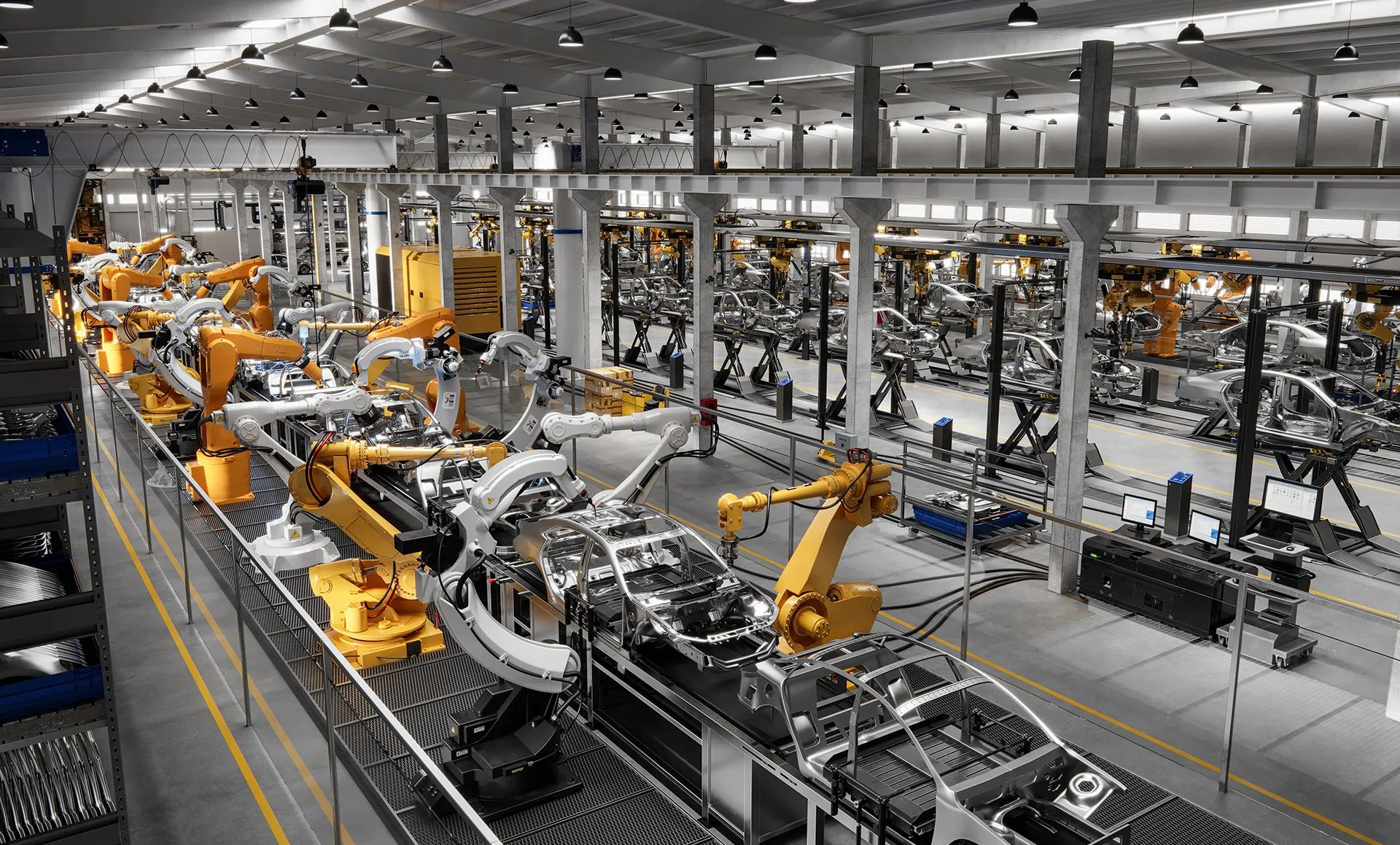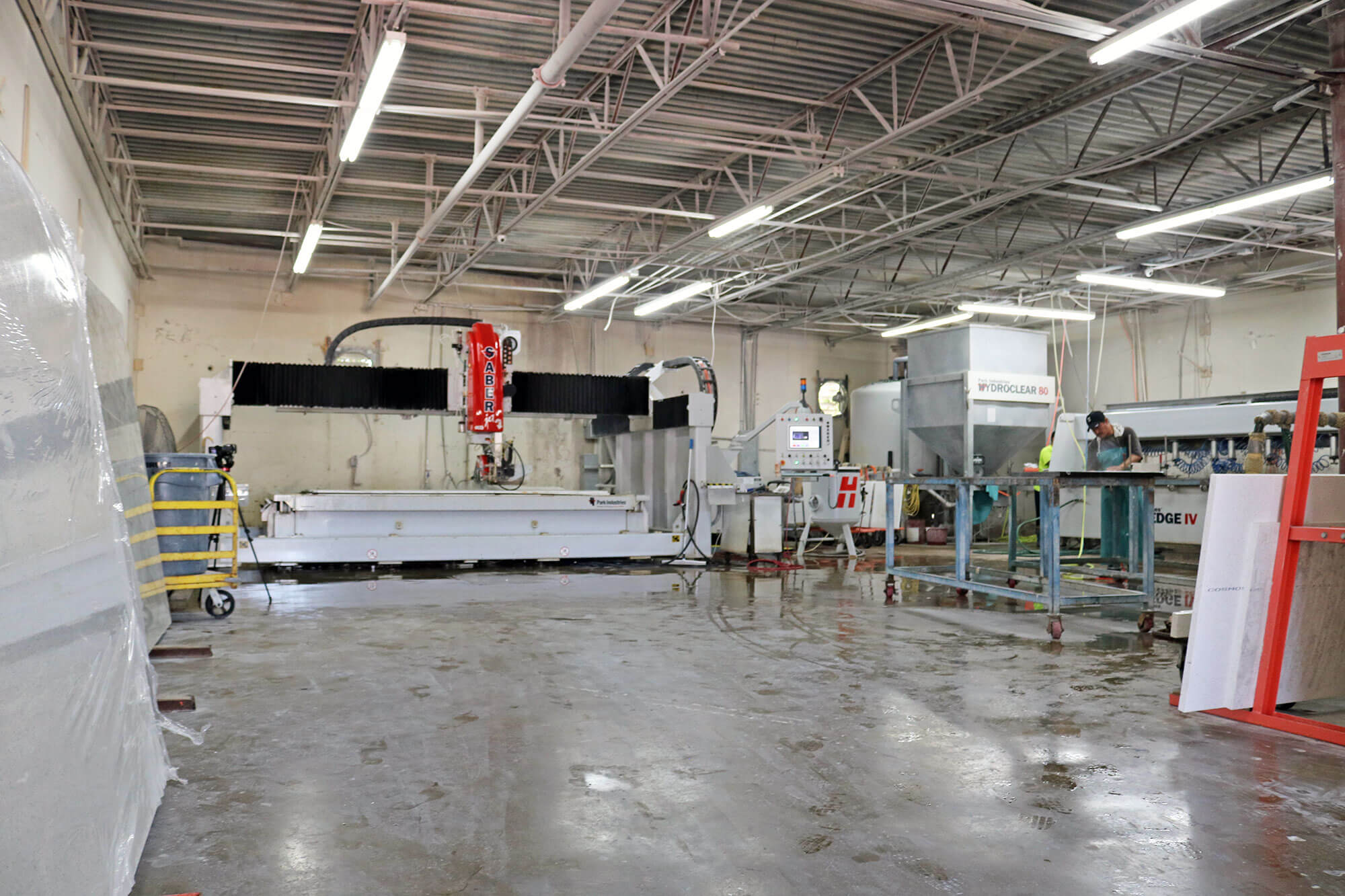An Overview
Estate Nirman Nigam (ENN) is a key player in the construction, infrastructure, and real estate development sector in India. One of the crucial components that bolster its operational efficiency is its Fabrication Center. This facility plays a vital role in streamlining construction processes, improving quality control, reducing costs, and ensuring timely delivery of projects. In this article, we will explore the Fabrication Center of Estate Nirman Nigam, its significance, functionality, and its contribution to the larger goals of the organization.

1. Introduction to Estate Nirman Nigam (ENN)
Estate Nirman Nigam is a state-owned corporation involved in the construction of public infrastructure, including residential complexes, commercial buildings, industrial parks, and urban development projects. The Nigam focuses on large-scale, high-quality construction projects that contribute to the socio-economic development of cities and towns.
The Fabrication Center is an integral part of ENN’s operations, providing high precision, standardized, and pre-fabricated construction materials that are crucial for large projects. This center primarily specializes in the fabrication of various components for civil, mechanical, and electrical works that go into building construction.
2. Purpose of the Fabrication Center
The primary aim of the Fabrication Center is to increase the efficiency of construction processes and reduce lead times. Traditional construction methods often involve on-site fabrication and assembly, which can be time-consuming and prone to errors. The Fabrication Center shifts this work off-site, where components can be manufactured in a controlled environment, ensuring better quality, reduced wastage, and faster turnaround.
The key purposes of the Fabrication Center can be summarized as follows:
- Pre-fabrication of Components: The center focuses on the production of standardized pre-fabricated components, such as steel beams, columns, precast concrete panels, and other structural elements.
- Quality Control: With modern equipment and skilled labor, the Fabrication Center ensures that all components meet stringent quality standards before they are delivered to the construction site.
- Cost Efficiency: By manufacturing components in bulk and minimizing on-site labor, the Fabrication Center helps reduce overall project costs.
- Speed and Timeliness: The ability to fabricate components off-site and in parallel with other construction activities helps speed up project timelines, reducing delays associated with on-site fabrication.
- Safety: Off-site fabrication reduces the risks associated with on-site construction work, ensuring safer work environments for construction workers.

3. Key Functions of the Fabrication Center
The Fabrication Center of Estate Nirman Nigam handles several crucial functions within the broader construction process. These include:
-
Design and Planning: The initial phase of fabrication involves detailed design and planning. Engineers and architects collaborate to determine the precise specifications of the materials and components that need to be fabricated. The designs are translated into technical drawings, which guide the fabrication process. This is done using advanced design software, ensuring high precision.
-
Material Procurement: High-quality raw materials such as steel, concrete, and other construction materials are sourced for the fabrication process. The center maintains a strict inventory system to ensure that materials are readily available for the production of various components. Sourcing materials in bulk also contributes to cost savings.
-
Fabrication Process: The core of the Fabrication Center is the actual manufacturing process. This involves the cutting, welding, and assembling of materials to create the desired components. Sophisticated machinery and automated tools are used to ensure high precision and consistency across all fabricated elements. The fabrication process is carried out by skilled professionals who follow standard operating procedures to maintain quality.
-
Testing and Quality Assurance: After the components are fabricated, they undergo rigorous testing and quality checks. These tests ensure that the fabricated materials meet the required structural and safety standards. Non-destructive testing methods such as ultrasonic testing, X-ray inspection, and load testing are used to check for defects in welded joints or other critical areas.
-
Storage and Inventory Management: Once the components pass quality checks, they are stored in the fabrication center until they are needed at the construction site. The center is equipped with vast storage facilities to manage the inventory of different components, ensuring that they are readily available when required for assembly on the project site.
-
Delivery and Logistics: The final stage in the fabrication process is the transportation of the fabricated components to the construction site. The center ensures timely and efficient logistics, coordinating transportation to prevent delays. Pre-fabricated components are often delivered in stages based on the construction schedule, ensuring a steady supply of materials without causing delays.

4. Technological Advancements and Innovation
The Fabrication Center of Estate Nirman Nigam has embraced modern technology and innovation to enhance its capabilities. Some of the technological advancements incorporated into the center include:
- Computer-Aided Design (CAD): The use of CAD software allows for highly accurate designs and precise drawings. This technology ensures that all components are fabricated as per the specifications, reducing human error and discrepancies.
- Building Information Modeling (BIM): BIM is used to create detailed 3D models of building projects, which are crucial for planning the fabrication of components. These models provide insights into the entire construction process, allowing for better coordination between different teams.
- Automation and Robotics: Automation in the fabrication process has made production faster and more efficient. Robotic arms and automated machines are used to perform tasks such as cutting, welding, and assembly, ensuring consistency and high precision in every component.
- Quality Control Systems: Advanced testing equipment and systems are used for continuous monitoring of the quality of materials and components. This ensures compliance with national and international quality standards, reducing the chances of defects or failures.
5. Benefits of the Fabrication Center
The establishment of the Fabrication Center brings numerous benefits to Estate Nirman Nigam’s projects:
-
Reduced Project Timelines: By producing pre-fabricated components off-site, the center helps to significantly shorten construction timelines. While the fabrication process is ongoing, other on-site activities can also proceed, reducing idle time and allowing for faster project completion.
-
Cost Savings: Bulk production of components and economies of scale make it possible to reduce the cost of materials and labor. On-site labor costs are also minimized because many of the complex tasks are carried out in the controlled environment of the fabrication center.
-
Enhanced Quality Control: By fabricating components in a controlled environment, the center ensures that all elements meet stringent quality standards. This reduces the likelihood of defects and rework, which can add significant costs and delays to projects.
-
Sustainability: The Fabrication Center also contributes to sustainability. The controlled environment reduces the need for excessive raw materials and minimizes wastage. Additionally, the use of modern machinery and techniques often leads to more energy-efficient production methods.

6. Conclusion
The Fabrication Center of Estate Nirman Nigam is an indispensable asset in the organization’s drive to improve construction efficiency, reduce costs, and ensure high-quality output. Through modern technological tools and innovations, the center helps streamline the production of vital components that make up the infrastructure of urban and rural India. By embracing off-site fabrication, Estate Nirman Nigam has not only reduced lead times but also made significant strides in promoting sustainability and quality control in large-scale construction projects. As India continues to urbanize, the role of such fabrication centers will only become more critical in achieving timely, cost-effective, and high-quality construction solutions.
